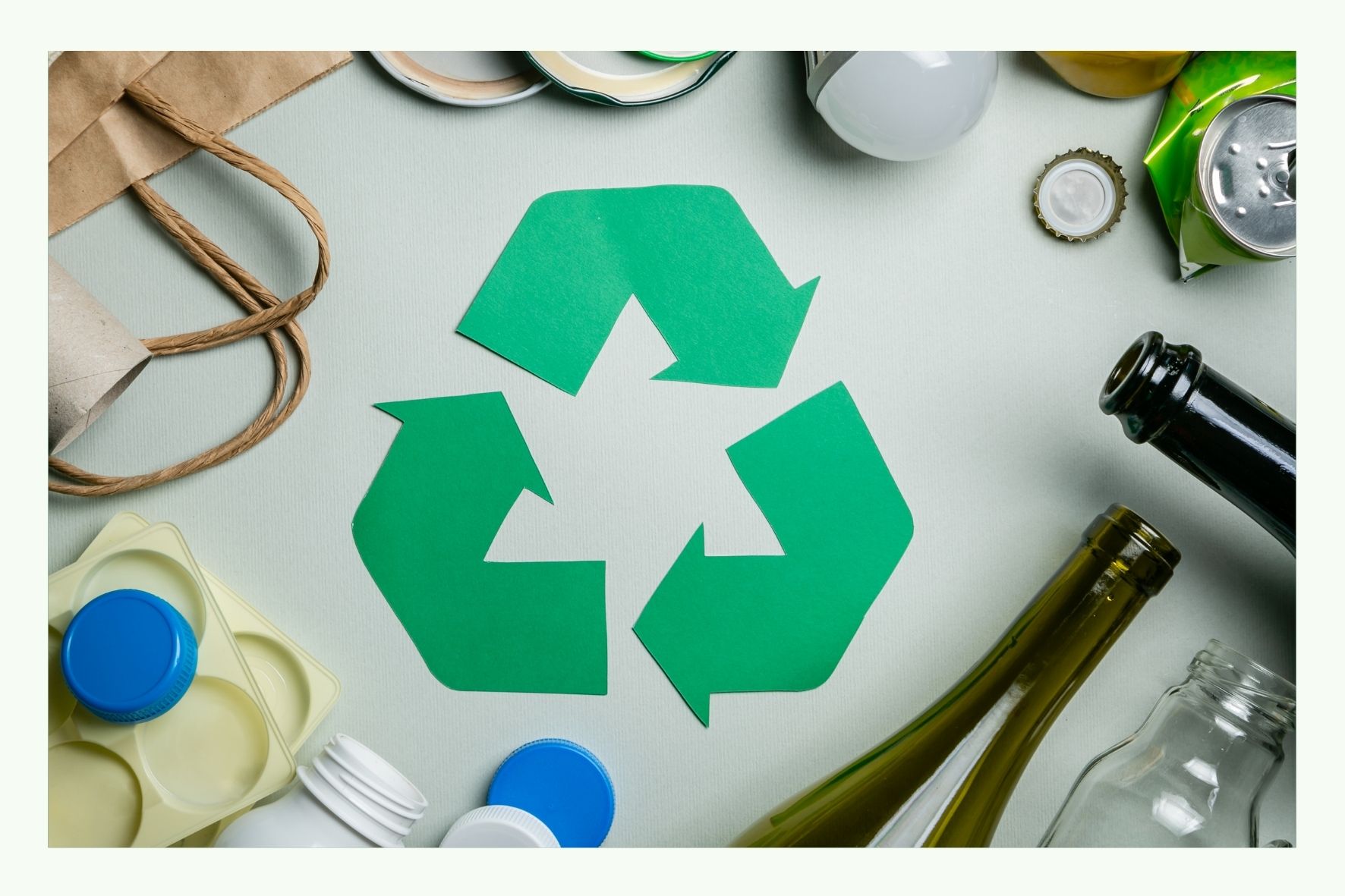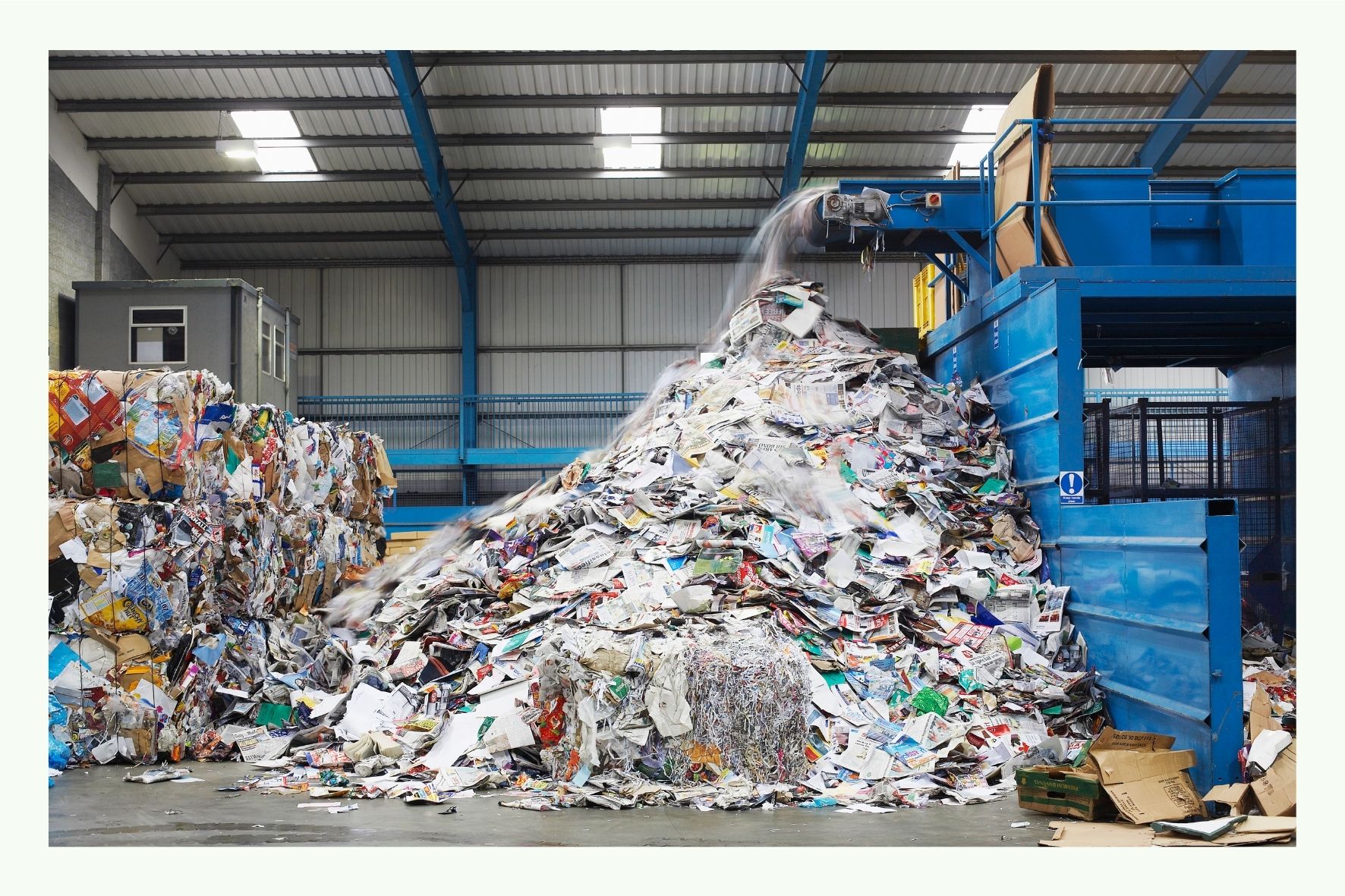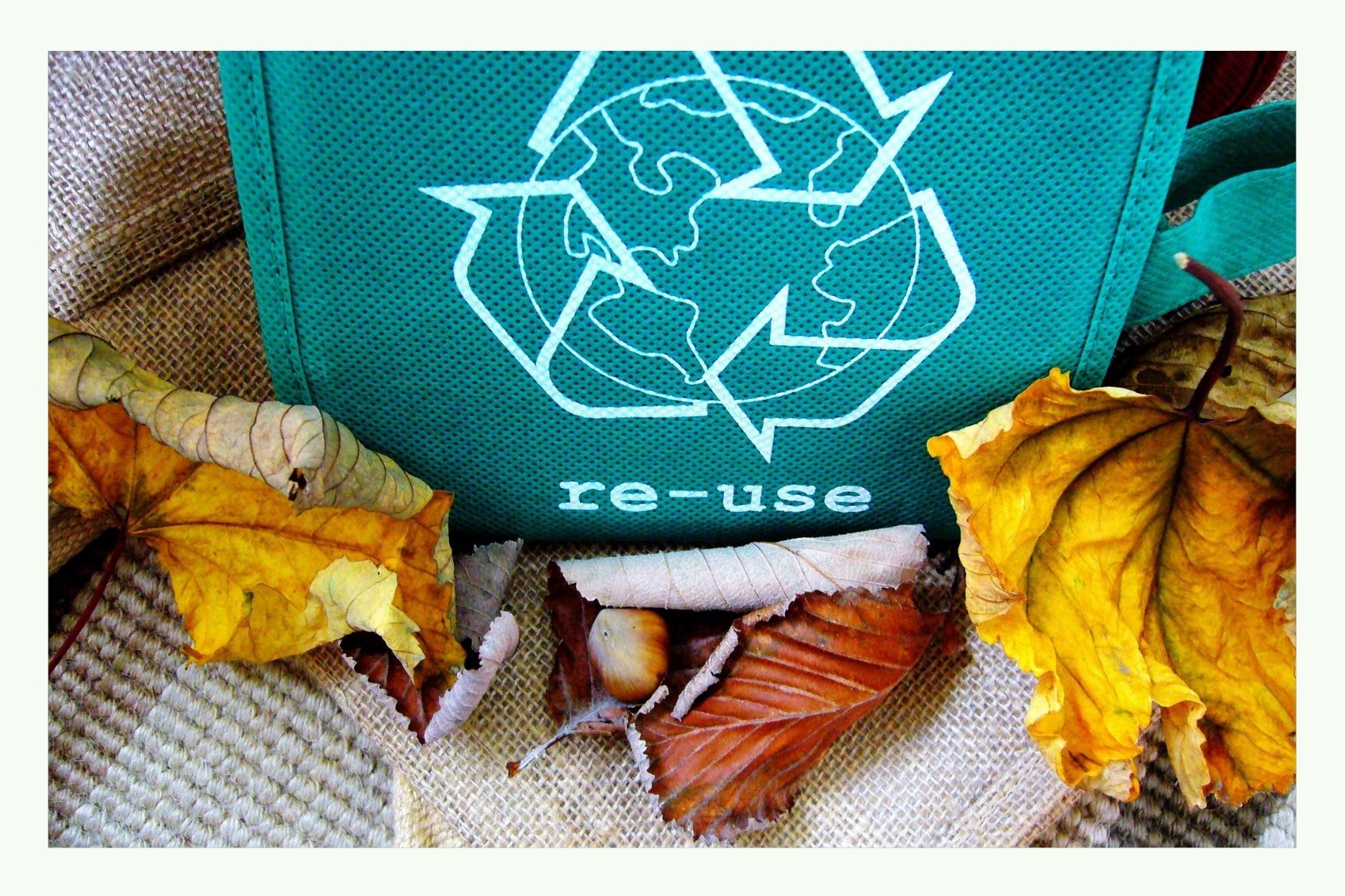Recycling or composting? The comparison
Better recycling of packaging waste - but how?
LESS WASTE, BETTER RECYCLING, DIFFERENT OPTIONS
Around 3 billion tons - that's how much waste is generated in the countries of the European Union every year. For air, groundwater, grounds and the climate in general, these quantities are an enormous burden. In Germany, around 50 million tons of municipal waste are generated each year - in other words, everything from household waste to bulky waste, biowaste to waste for separate collection. The target is therefore clear: the volume of waste must be reduced. A central approach to solving this problem: better recycling. Nevertheless, the question remains: Which methods are best suited for this task? In any case, there are many possibilities, and in addition to recycling, composting is playing an increasingly important role. For packaging products in particular, it is seen as an alternative to conventional recycling methods.
WHY RECYCLING WASTE IS SO IMPORTANT
In fact, it is not just the sheer volume of waste that makes recycling such an urgent task. There are many good reasons for a functioning, efficient circular economy:
- More recycling means less waste in landfills. This in turn reduces the burden on the environment: fewer pollutants are released into the soil and fewer climate-damaging gases are produced when waste decomposes.
- The lower energy requirement for separating, processing and recycling waste has a positive effect on the CO2 balance.
- High-quality recyclates help to reduce the consumption of raw materials for new products - after all, these are not available in unlimited quantities. But recycling is by far not the only way to ensure less waste in the future. Increasingly, people are also looking for biological alternatives, for example to convert packaging waste into valuable resources. Particularly popular in this respect is the option of simply composting packaging. But how good is this option really?
RECYCLING AND COMPOSTING IN COMPARISON
It is not easy to compare these two processes, because different techniques have to be differentiated in each case. In recycling, for example, a difference is made between mechanical and raw material recycling. For plastics, this means either - reprocessing in which the starting material is essentially retained (mechanical recycling), or - breaking down the plastic into its basic components with the aid of (thermo)chemical processes (raw material recycling). If none of these two options is realizable, there is still the option of energy recovery. However, this is not a form of recycling: the waste is simply burned to generate energy (heat and/or electricity). It is also worth taking a closer look at composting, as many terms are incorrectly used synonymously in this context. In particular, the terms "biodegradable" and "compostable" repeatedly cause confusion - because two different concepts are hidden behind them. In both cases, it is true that the corresponding materials can be decomposed by microorganisms (into water, CO2 and biomass). However, to be considered compostable, this process must take place over a much shorter period of time. In the case of biodegradable materials, on the other hand, the process can even take many years.
RECYCLING
Avoiding waste, conserving resources, protecting the climate and the environment: Recycling can definitely contribute to this, but the question is: How useful and efficient is it really?
Conditions
The efficiency of the circular economy is based on various requirements:
- Recyclable materials, for example, must be collected separately from other waste after use.
- In addition to waste separation in households, additional processes are also needed in recycling plants, for example to be able to separate different plastics from one another.
- Different materials can be recycled to different degrees. More complex processes may therefore be necessary.
Limits
In many cases, there are still limits to mechanical recycling, especially in the
recycling of plastics. Basically, the problem is that the recyclates obtained are of lower quality than the original materials or that material is lost in the recycling process. This disrupts the desired circular economy potenitals. The possibilities are enormous, also thanks to technological progress. In the paper processing industry, for example, recovered paper is a valuable raw material - which, moreover, can pass through the material cycle several times without losing quality.
COMPOSTING
Demand is rising continuously, especially in the area of
sustainable packaging. That's why consumers are also finding more and more compostable packaging solutions. After all, what could be more sustainable than turning packaging waste into valuable compost for plants?
Not all composting is the same
The idea behind compostable packaging is simple: after use, it simply goes on the compost heap behind the house and becomes the best compost in a few months, maybe a year. The problem is that most of these packages are not designed for home composting conditions. They are meant for industrial facilities, where they decompose within a few weeks at temperatures of around 60°C.
Limits
However, really valuable compost is hardly ever produced even on this large scale. The plastics in question mainly decompose to water and CO2.
Even when they are thrown away in the recycling garbage can, there is generally no additional benefit. On the contrary: because they are usually not suitable for another form of recycling, compostable plastics are currently still largely incinerated - as, incidentally, is a not insignificant proportion of all plastic packaging produced (the rate is around 50 percent).
Compost properly
In principle, composting is a good idea, but only for organic waste. Many packaging materials, on the other hand, are either unsuitable or are lost to the recycling cycle as important raw materials (especially paper and cardboard).
CONCLUSION
Despite the weaknesses, recycling and composting are important ways to avoid waste in the future and conserve resources. Within the EU, for example, there are calls for higher recycling rates, which have already been included in the Packaging Act in Germany. In addition, there should also be requirements for the use of recyclates in production. In both cases, it is important not to lose sight of the added value of the resulting products: Recycling must be about conserving raw materials for the circular economy - in high quality. This applies in the same way to composting. Even if the compostable packaging available to date is not yet suitable as a high-quality fertilizer, there is still enough organic waste to fulfill this purpose very well. In this way, both concepts can play their part in reducing waste volumes and improving environmental and climate protection.
.jpg)



 (1).png)
.png)
.png)
.png)
.png)
 (1).png)
.png)

 (1).png)
.png)
.png)
.png)
.png)
.png)


.png)
.png)



.png)


.png)
.png)
.png)
.png)












.png)


.png)
.png)
.png)
.png)
.png)
.png)
.png)










.png)







.png)
.png)



















































.png)











.png)

.png)


















